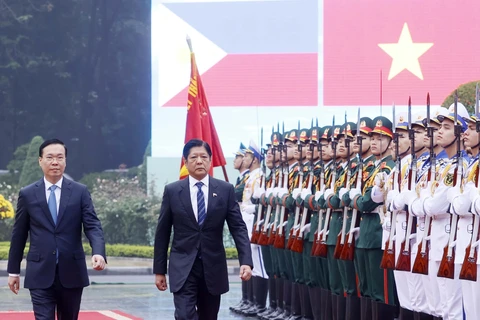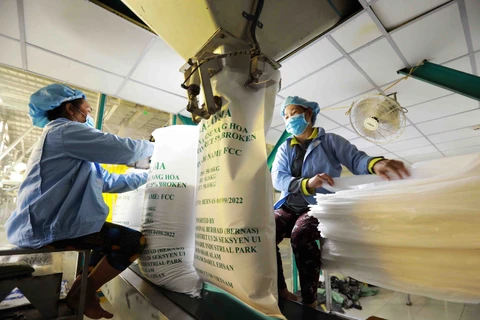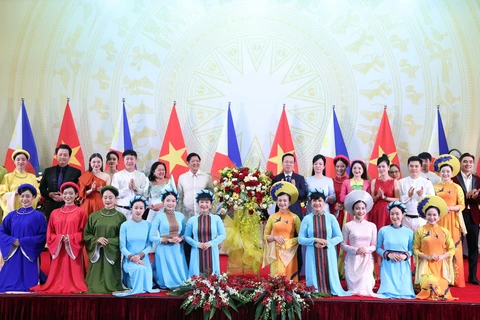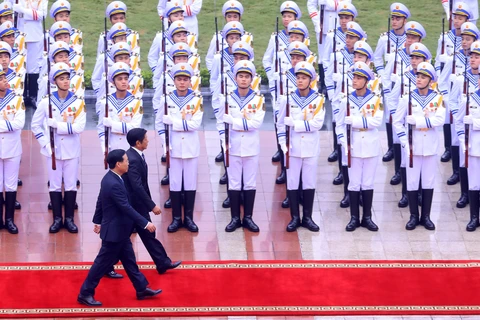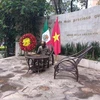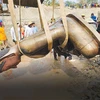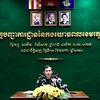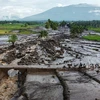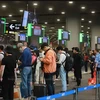Kuala Lumpur (VNA) – The Philippines became Southeast Asia’s fastest-growing economy last year, with expansion driven by consumption, services and investment.
Its gross domestic product (GDP) expanded 5.6%, surpassing the median 5.5% growth seen in a survey of economists. Stocks extended their gains to more than 1% after the data. The peso held its loss, with the currency slipping 0.1% against the US dollar.
While the annual pace of expansion is slower than the government’s 6-7% target, it is the fastest pace in the region so far.
Its gross domestic product (GDP) expanded 5.6%, surpassing the median 5.5% growth seen in a survey of economists. Stocks extended their gains to more than 1% after the data. The peso held its loss, with the currency slipping 0.1% against the US dollar.
While the annual pace of expansion is slower than the government’s 6-7% target, it is the fastest pace in the region so far.
National Economic and Development Authority Secretary Arsenio Balisacan told reporters on January 31 that the government is confident that the economy will expand at a pace of 6.5-7.5% in 2024 – which will help the Philippines retain the region’s top growth tag.
That echoes the optimism of President Ferdinand Marcos Jr about the consumption-driven economy’s prospects, as inflation cools and the central bank halts one of the region’s most aggressive interest-rate tightening campaigns.
That echoes the optimism of President Ferdinand Marcos Jr about the consumption-driven economy’s prospects, as inflation cools and the central bank halts one of the region’s most aggressive interest-rate tightening campaigns.
Still, sustaining the stellar performance requires heavy lifting by the government, given monetary policymakers are unlikely to pivot to easing anytime soon amid lingering price risks.
While government spending declined 1.8% in line with fiscal consolidation efforts, Balisacan said he expected services expansion to continue pacing the economy’s growth trajectory.
Even as consumption has remained resilient, a sluggish global economy, elevated inflation and interest rates stand in the way of a significant improvement in growth prospects this year, said Robert Dan Roces, chief economist at Security Bank in Manila.
The growth momentum now falls on government spending, he said./.
While government spending declined 1.8% in line with fiscal consolidation efforts, Balisacan said he expected services expansion to continue pacing the economy’s growth trajectory.
Even as consumption has remained resilient, a sluggish global economy, elevated inflation and interest rates stand in the way of a significant improvement in growth prospects this year, said Robert Dan Roces, chief economist at Security Bank in Manila.
The growth momentum now falls on government spending, he said./.
VNA

